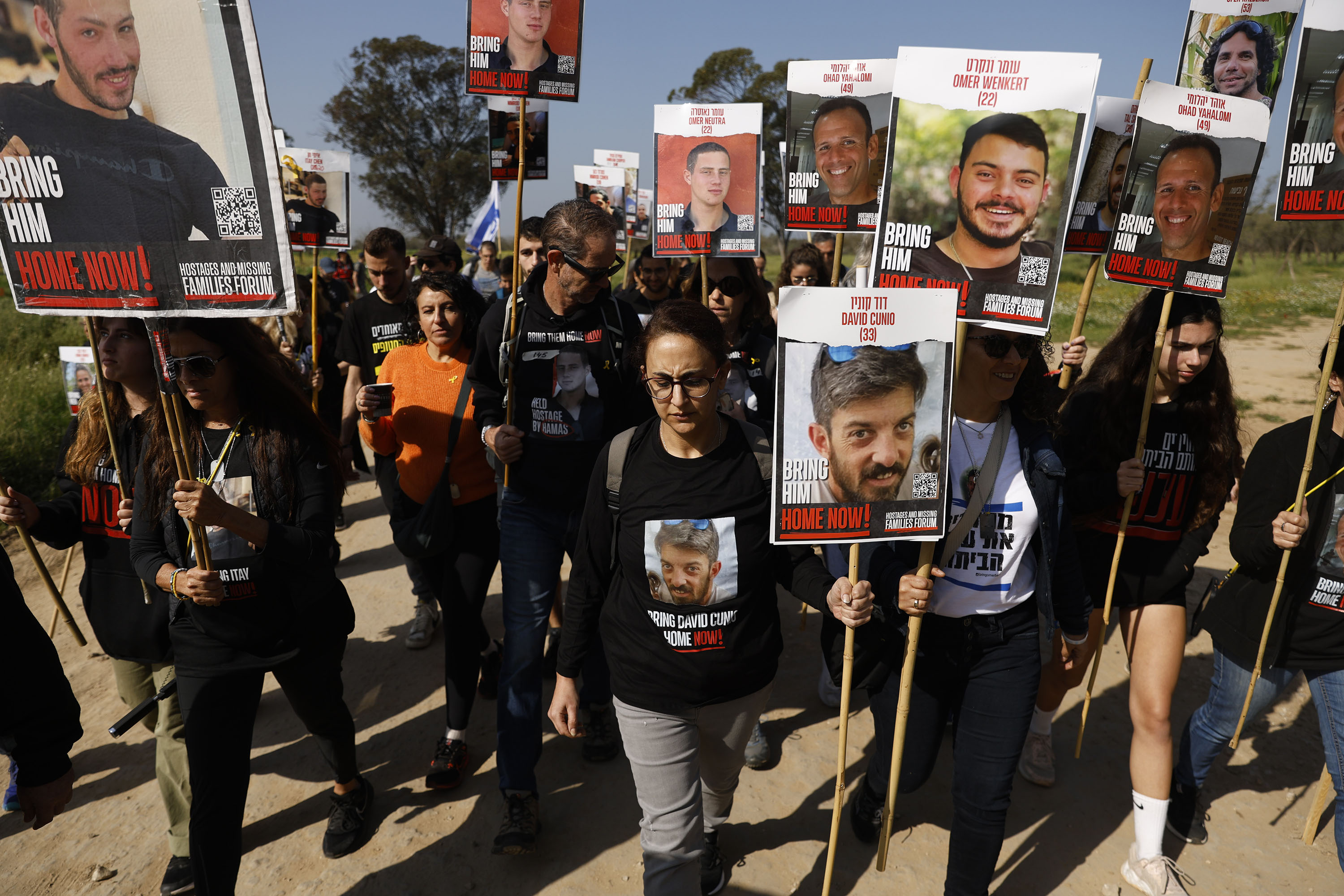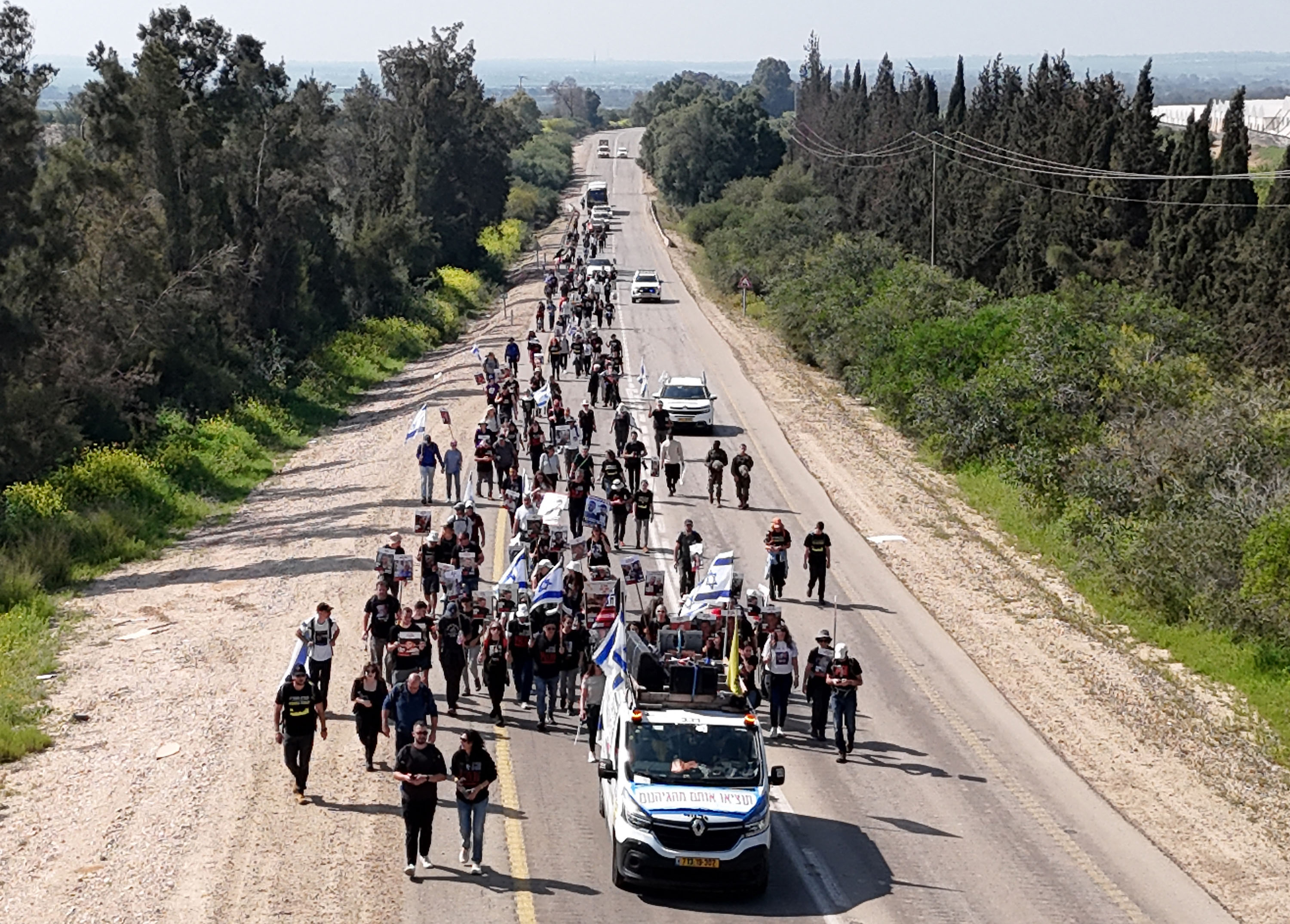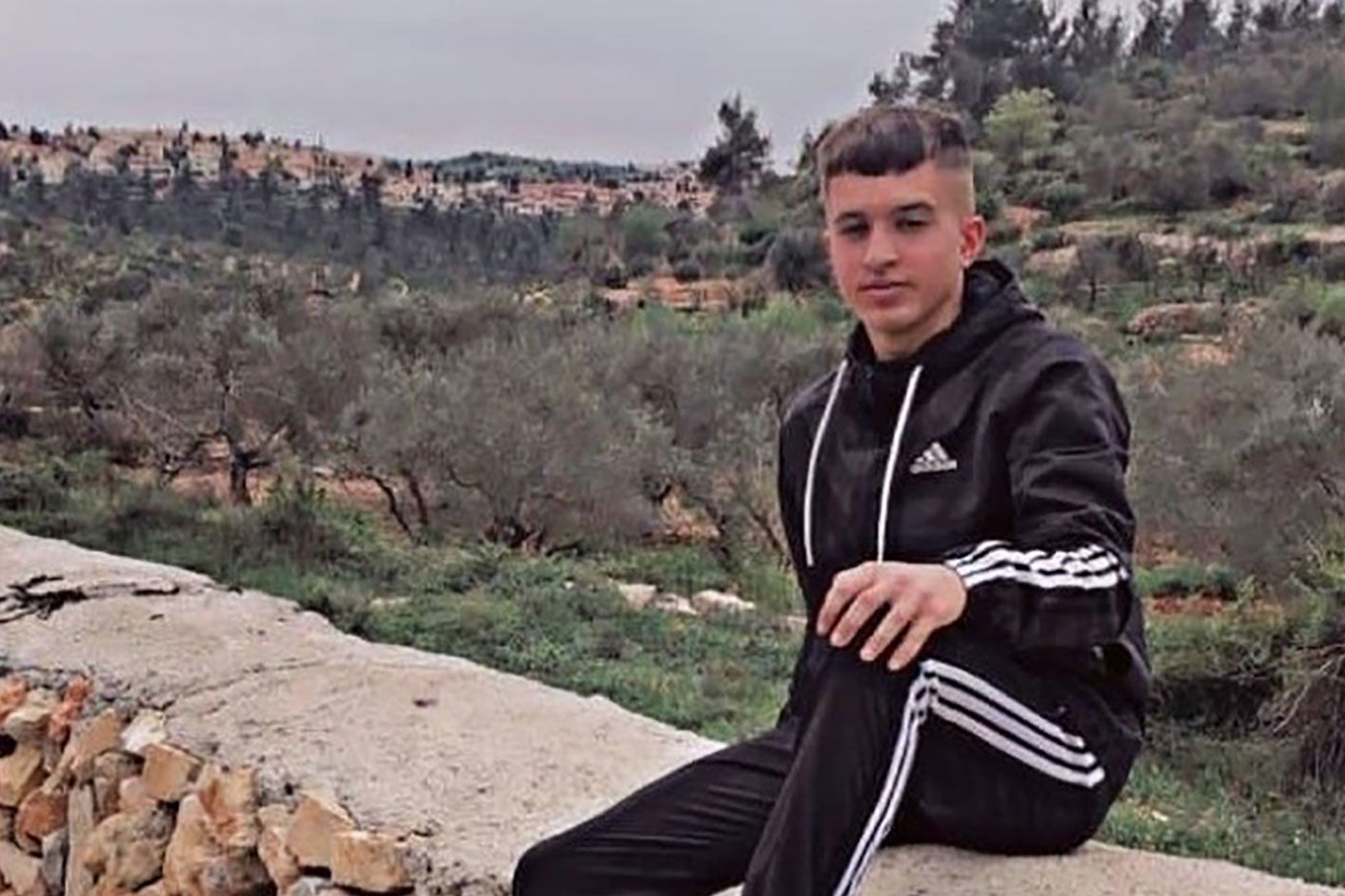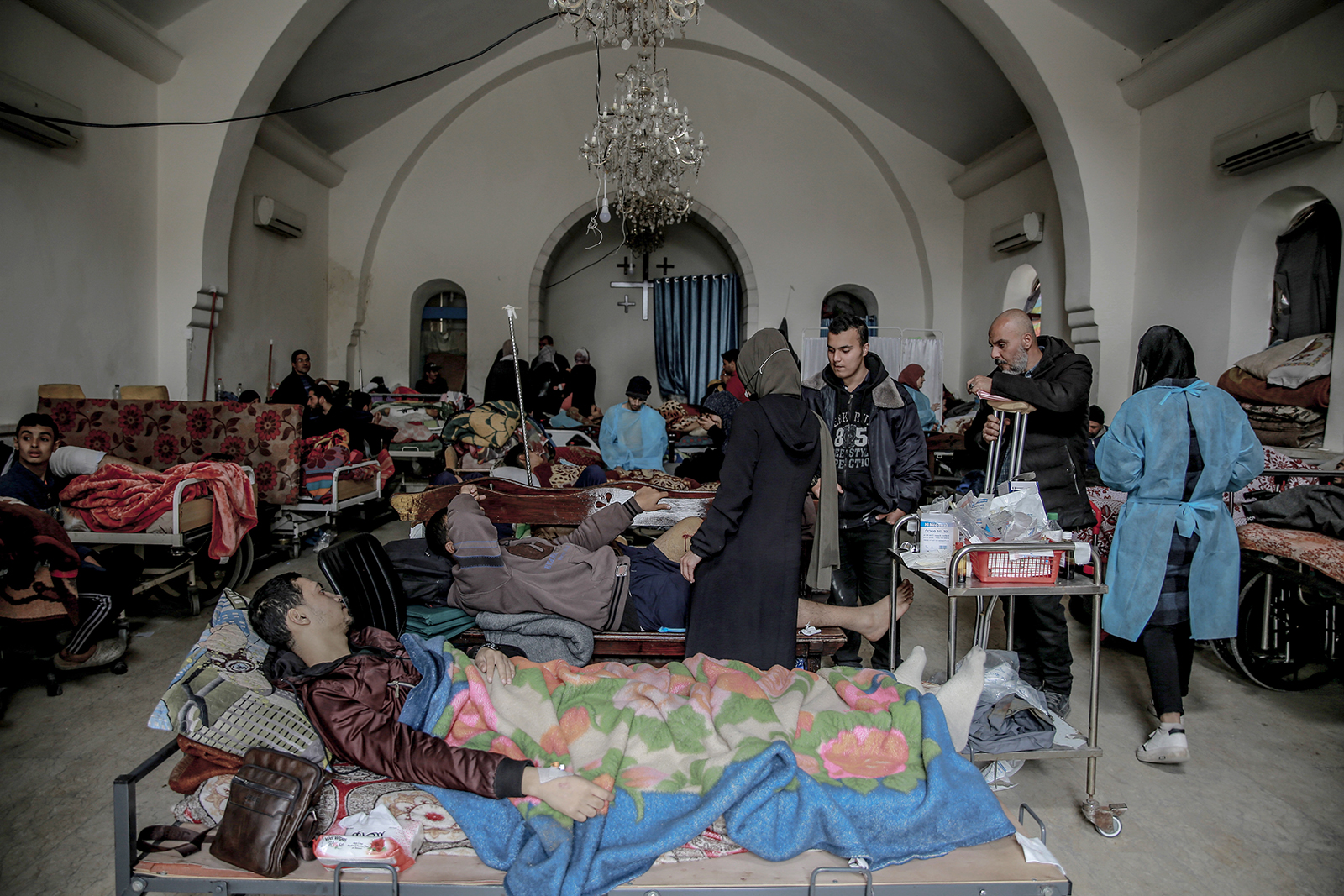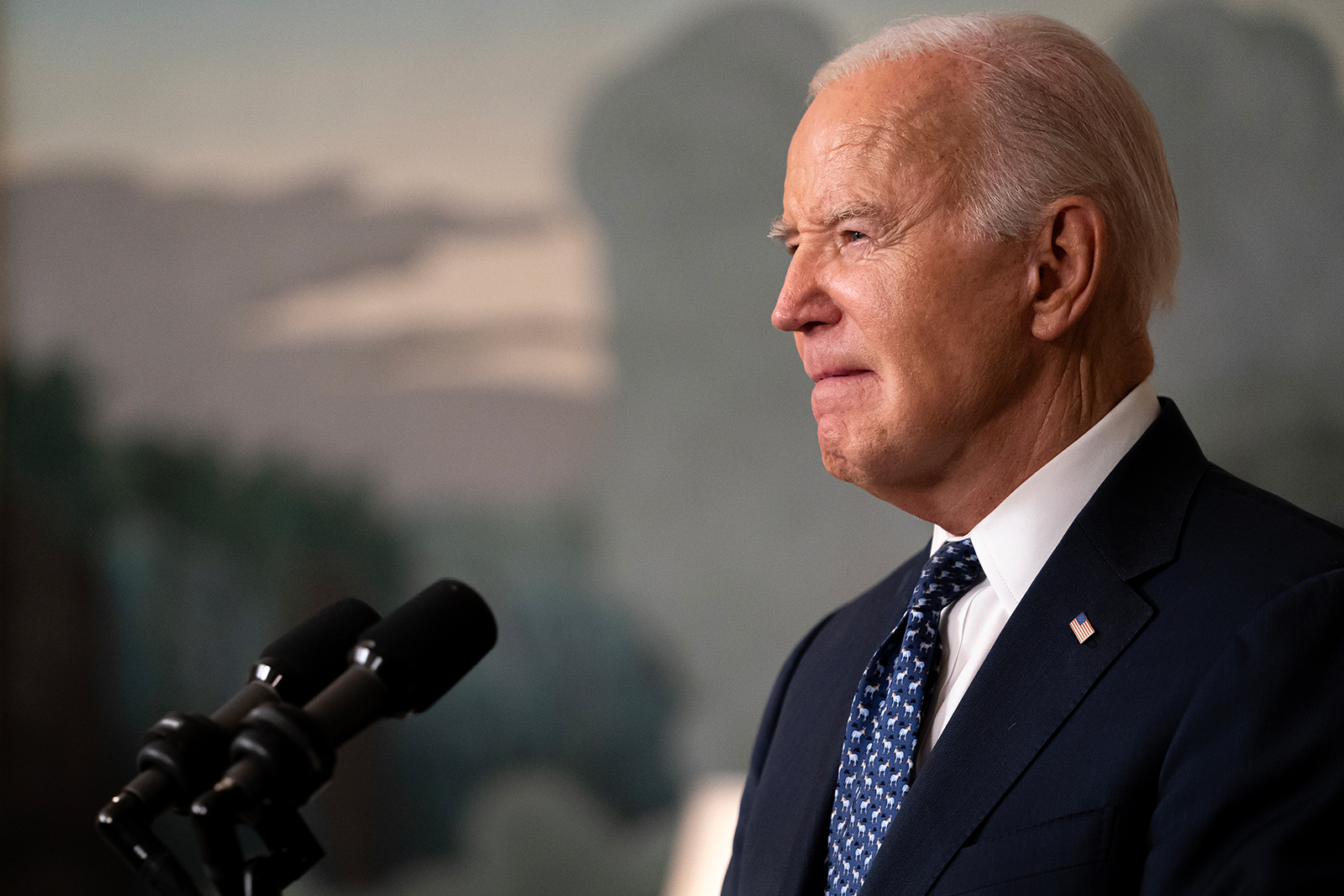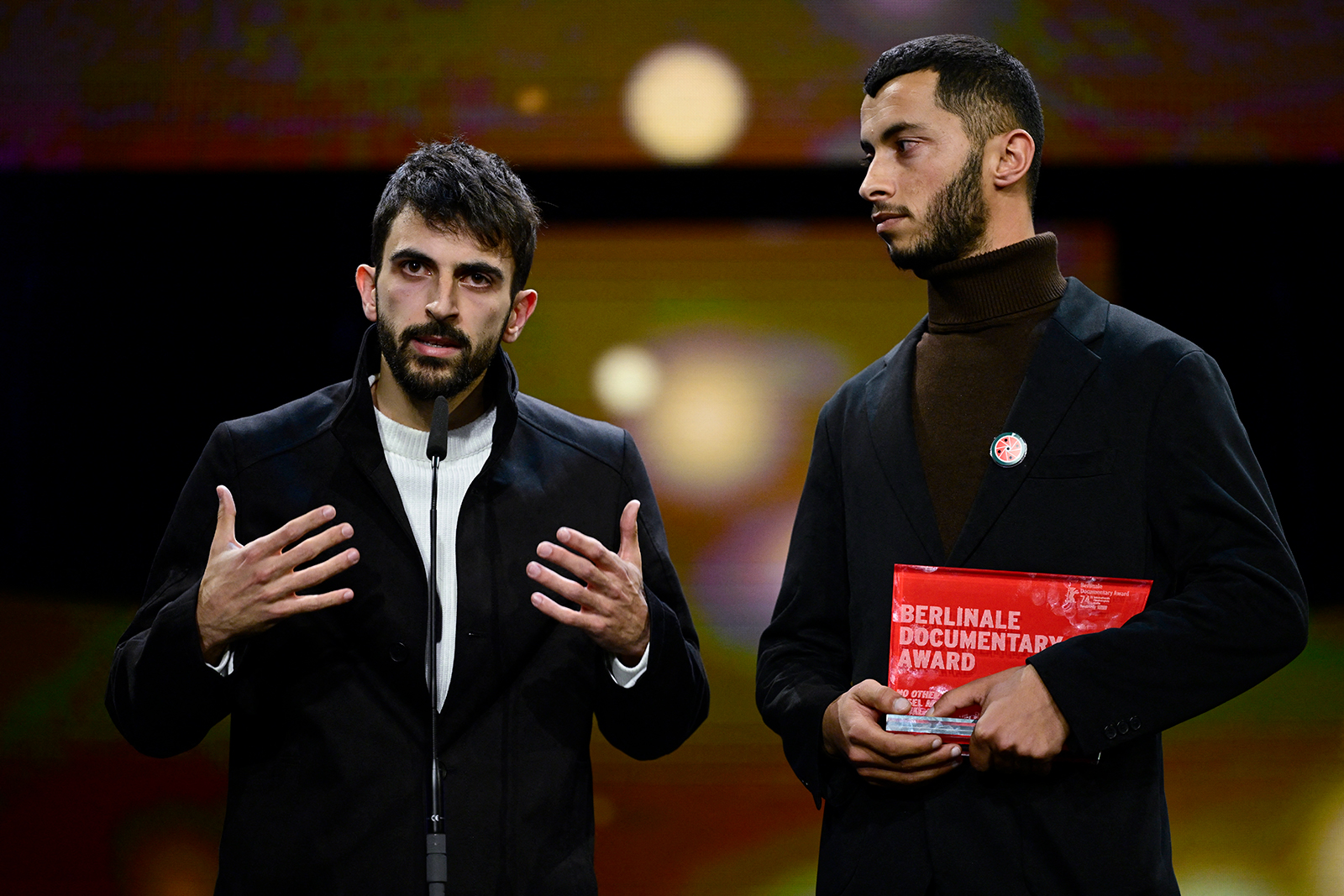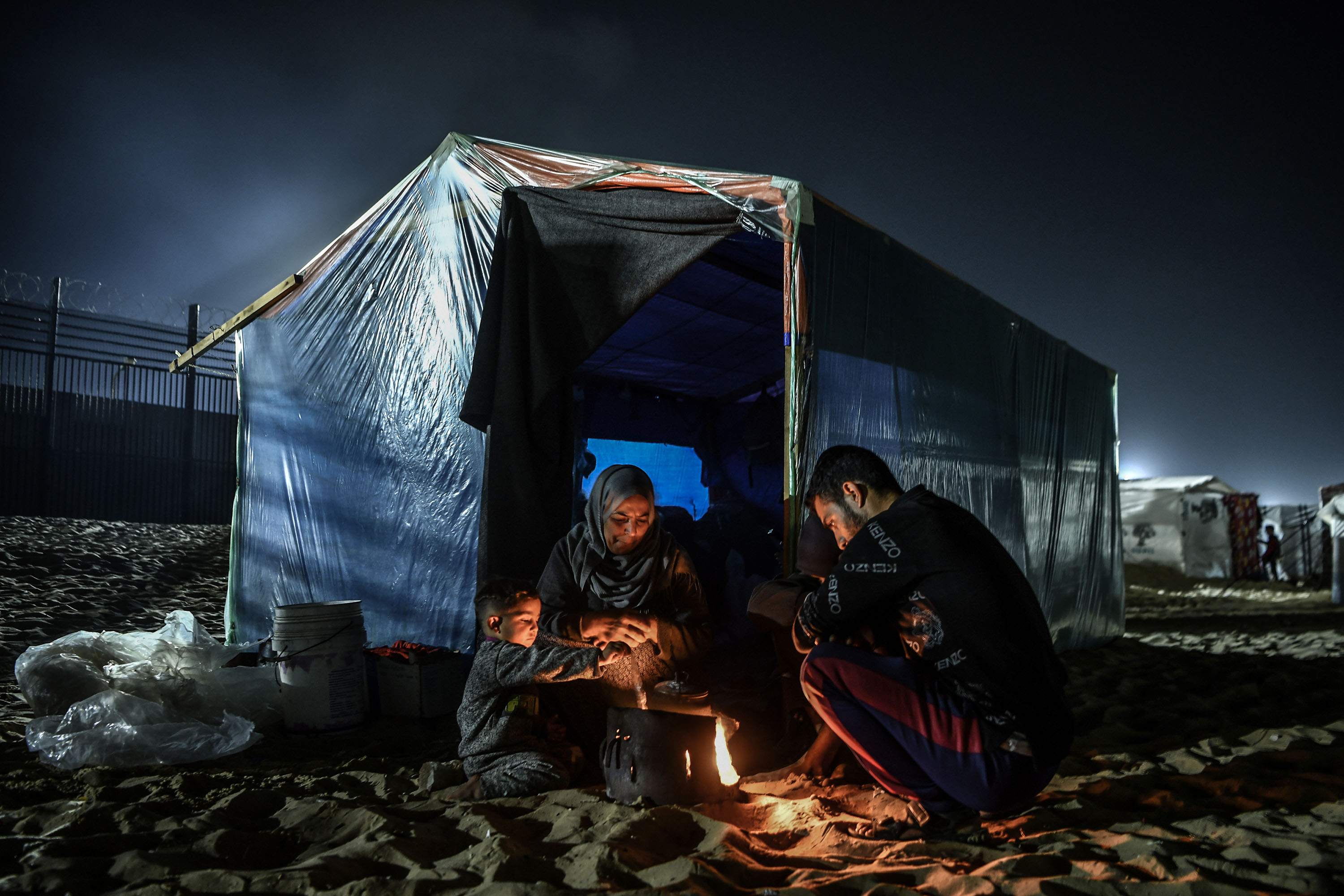Palestinian political faction Fatah told CNN it would attend an intra-Palestinian meeting on Thursday in Moscow.
Earlier this month, Russia invited all Palestinian factions, including Hamas, to meet in Moscow.
The meeting will tackle ways to “unite the Palestinian factions under the Palestinian Liberation Organization,” Fatah spokesperson Hussein Hamayel told CNN. The aim is to form a new government capable of working in East Jerusalem, the occupied West Bank and Gaza, he said.
Fatah controls the Palestinian Authority (PA) based in the West Bank, which held administrative control over Gaza until 2007. Hamas won the 2006 legislative elections in the occupied territories and expelled the faction from the enclave. Since then, Hamas has ruled Gaza and the PA governs parts of the Israeli-occupied West Bank.
Fatah's delegation will be represented by officials Samir Al Rifai and Azzam Al Ahmad, the spokesperson said.
Hamayel said Hamas had not confirmed its attendance but that he is optimistic they would join and send a “high ranking official from their political office to represent them.”
Hamas has not responded to CNN’s request for confirmation of their attendance.
Russian Deputy Foreign Minister Mikhail Bogdanov said Tuesday that “all parties” agreed to participate in the Moscow meeting.
"Of course, they have agreed," he said, adding that "some want to send two representatives or even more, that is more than we invited.”
